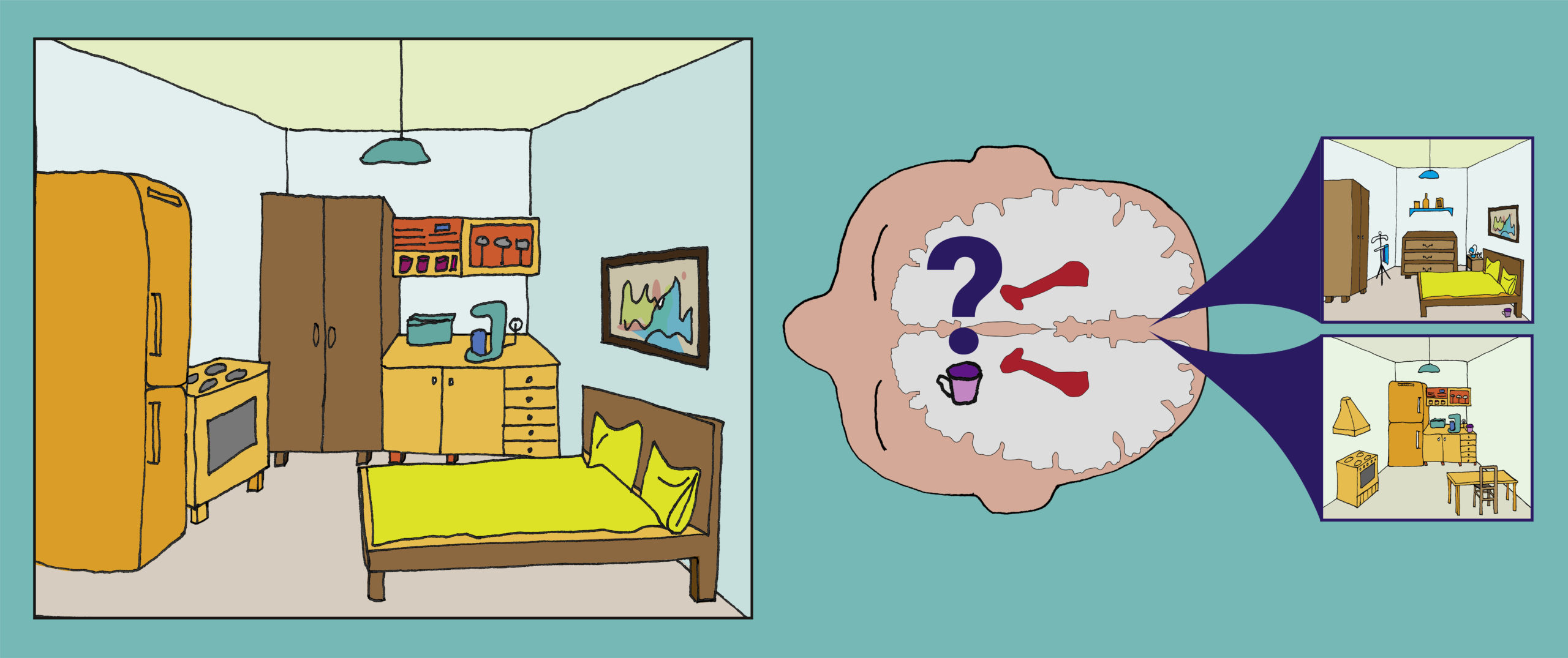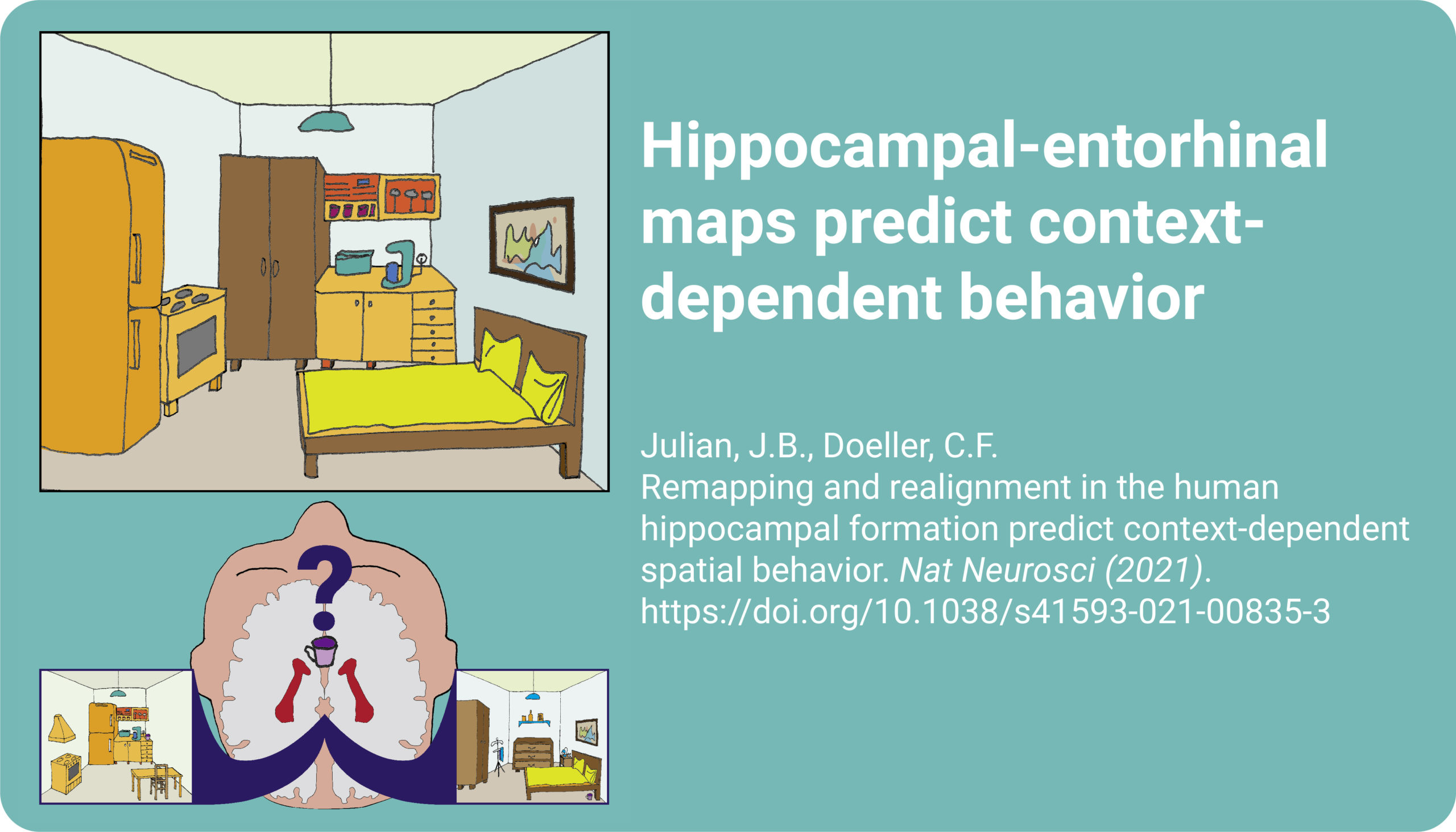The researchers developed a novel virtual reality navigation task in which human participants learned object positions in two different virtual environments and then had their memory tested during a functional MRI scan. Memory for object locations was also tested in a third ambiguous context, which the researchers defined as a “squircle” – a cross between a square and a circle. There were no “correct” object positions there; instead, study participants had to rely solely on their memory. “The result of our study confirms the theory, long held by several neuroscientists, that a critical function of the hippocampal formation is to represent the contextual information that guides behavior. Cognitive maps in the brain help us to act according to a specific situation. “, explains Christian Doeller.
Although decades of research indicate that the human hippocampus is critical for contextual memory, no previous studies have linked context-specific signals in this formation of the brain to spatial behavior in a way that clearly separates memory from non-memory factors. This research was performed in collaboration with the Kavli Institute for Systems Neuroscience, NTNU, Trondheim, Norway and supported by the European Research Council (ERC-CoG GEOCOG).



